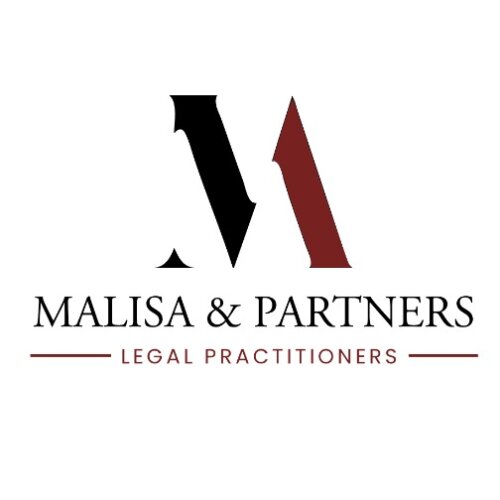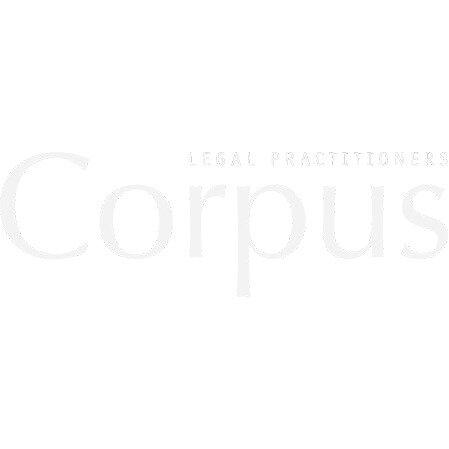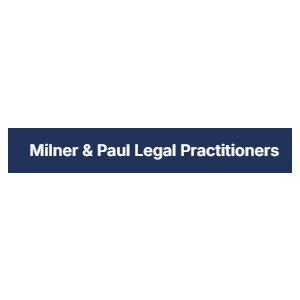Best Natural Resources Lawyers in Lusaka
Share your needs with us, get contacted by law firms.
Free. Takes 2 min.
List of the best lawyers in Lusaka, Zambia
About Natural Resources Law in Lusaka, Zambia
Lusaka, the capital city of Zambia, is home to a diverse and rich array of natural resources, including minerals, forests, wildlife, and water. As such, the legal landscape surrounding these resources is designed to manage, conserve, and sustainably utilize them for the benefit of current and future generations. Natural Resources Law in Zambia encompasses a range of regulations and statutes aimed at governing the use and protection of these essential resources. These laws are critical in balancing economic development with environmental protection, especially given the rapid urban and industrial growth in the region.
Why You May Need a Lawyer
Individuals and businesses may require legal assistance in the field of natural resources for various reasons, including:
- Resource Licensing and Permits: Navigating the complexities of obtaining necessary permits for mining, forestry, or water use can be challenging.
- Environmental Compliance: Ensuring adherence to environmental laws and regulations to avoid penalties and maintain sustainability practices.
- Land Use and Ownership Disputes: Resolving conflicts regarding land use and the ownership of natural resources.
- Corporate Social Responsibility: Advising on the implementation of sustainable practices and social responsibility measures.
- Legal Representation in Litigation: Defending or prosecuting legal actions related to natural resources and environmental damage.
Local Laws Overview
Key aspects of local laws relevant to natural resources in Lusaka include:
- Zambia Wildlife Act: Governs the conservation and management of wildlife, including establishing game management areas and conservation parks.
- Mines and Minerals Development Act: Regulates mining operations and is crucial for businesses engaged in mineral extraction.
- Forests Act: Focuses on the sustainable management and conservation of forest resources.
- Environmental Management Act: Provides a framework for reducing environmental degradation and promoting sustainable development.
- Water Resources Management Act: Deals with the sustainable utilization and protection of water resources.
Frequently Asked Questions
What is the process for obtaining a mining license in Zambia?
The process involves submitting an application to the Ministry of Mines and Mineral Development, including detailed plans and environmental assessments. Licenses are granted based on compliance with regulatory requirements.
Are there restrictions on foreign entities owning natural resources in Zambia?
Foreign entities can own natural resources, but they must adhere to the same regulatory frameworks and may require specific approvals or partnerships with local entities.
What penalties exist for non-compliance with environmental laws?
Penalties can include fines, suspension of licenses, and mandatory corrective actions. Severe violations might result in prosecution and higher fines.
Can local communities challenge mining operations?
Yes, local communities can challenge operations that adversely affect their environment or livelihood by engaging in public consultation processes or seeking legal recourse.
How are disputes over land use typically resolved?
Disputes are often resolved through negotiation, mediation, or arbitration. If unresolved, they may be taken to court for adjudication.
What are GMOs and how are they regulated in Zambia?
Genetically Modified Organisms (GMOs) are regulated under the Biosafety Act, which mandates assessments and approvals for import, research, or commercial use.
What role do indigenous knowledge and traditional customs play in resource management?
Indigenous knowledge and customs are increasingly recognized as valuable components in sustainable resource management, often incorporated into community management strategies.
What is the role of the Zambia Environmental Management Agency (ZEMA)?
ZEMA is responsible for implementing environmental policies, monitoring compliance, and providing guidance on environmental management practices.
Are there tax incentives for businesses practicing sustainable management?
Yes, the government offers incentives such as tax breaks and grants for businesses engaged in activities promoting sustainability and environmental protection.
How can I ensure that my business complies with all relevant natural resource regulations?
Consulting with a legal expert who specializes in natural resources can help ensure compliance with all local regulations and legal requirements.
Additional Resources
Consider reaching out to these resources and organizations for further assistance and information:
- Zambia Environmental Management Agency (ZEMA): Responsible for overseeing environmental compliance.
- Ministry of Mines and Mineral Development: Provides guidelines and licenses for mining activities.
- Forestry Department: Offers information on sustainable forest management practices.
- World Wildlife Fund (WWF) Zambia: Engages in various conservation projects and initiatives.
Next Steps
If you require legal assistance related to natural resources in Lusaka, consider the following steps:
- Identify Your Needs: Clearly define the legal issues or questions you have related to natural resources.
- Research Lawyers: Look for attorneys or law firms that specialize in natural resources and environmental law.
- Schedule a Consultation: Meet with a lawyer to discuss your specific situation and receive professional advice and representation.
- Gather Documentation: Collect any relevant documents or records that pertain to your legal issue to better assist your lawyer in understanding your case.
By following these steps, you can ensure that you are well-prepared to address any legal challenges related to natural resources in Lusaka, Zambia.
Lawzana helps you find the best lawyers and law firms in Lusaka through a curated and pre-screened list of qualified legal professionals. Our platform offers rankings and detailed profiles of attorneys and law firms, allowing you to compare based on practice areas, including Natural Resources, experience, and client feedback.
Each profile includes a description of the firm's areas of practice, client reviews, team members and partners, year of establishment, spoken languages, office locations, contact information, social media presence, and any published articles or resources. Most firms on our platform speak English and are experienced in both local and international legal matters.
Get a quote from top-rated law firms in Lusaka, Zambia — quickly, securely, and without unnecessary hassle.
Disclaimer:
The information provided on this page is for general informational purposes only and does not constitute legal advice. While we strive to ensure the accuracy and relevance of the content, legal information may change over time, and interpretations of the law can vary. You should always consult with a qualified legal professional for advice specific to your situation.
We disclaim all liability for actions taken or not taken based on the content of this page. If you believe any information is incorrect or outdated, please contact us, and we will review and update it where appropriate.
















